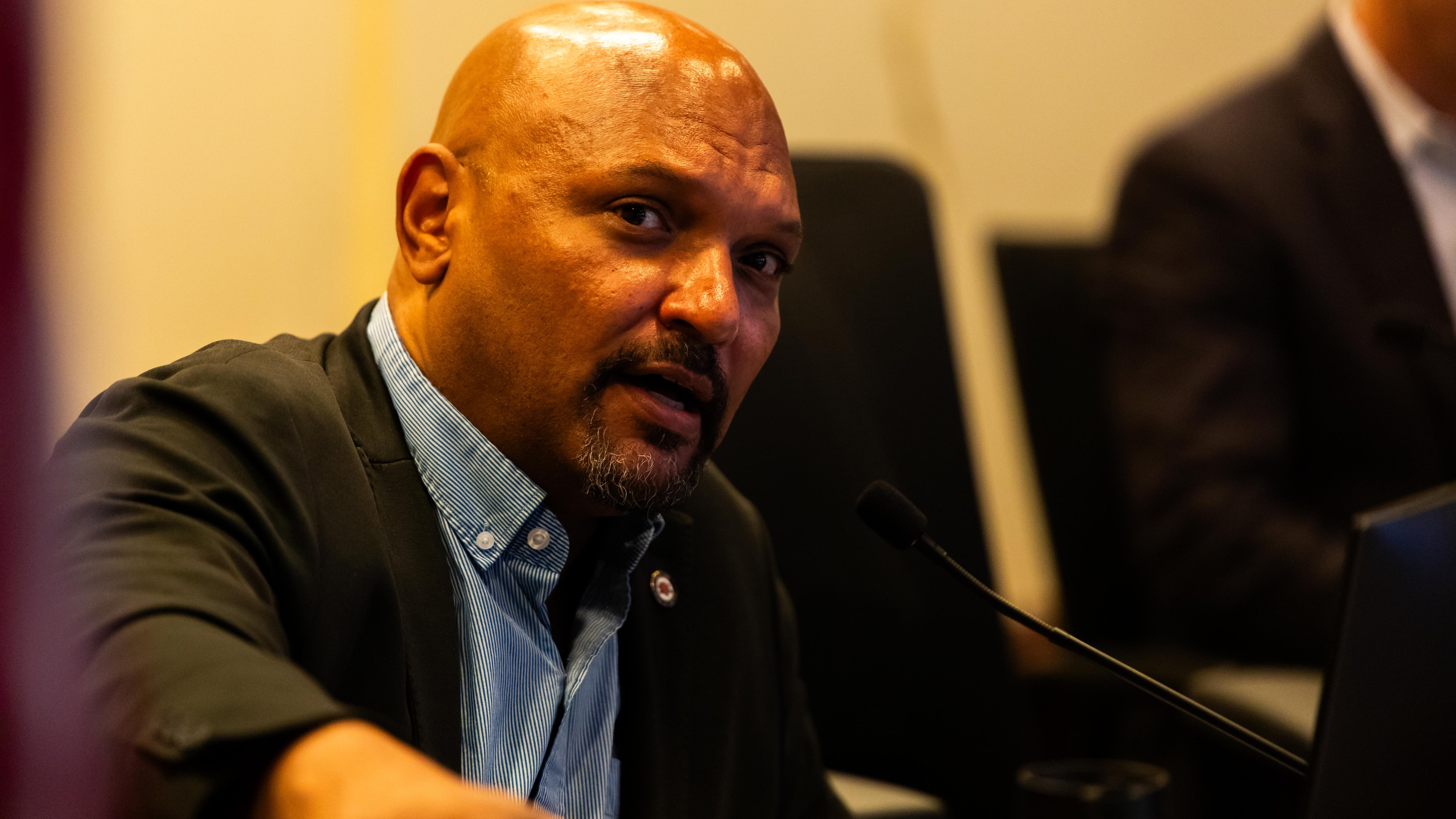In a Nov. 14 meeting of the Portland City Council, the five-member body spent 10 minutes lambasting Multnomah County officials on their lackluster response to the homelessness crisis even as county coffers overflow with tax dollars specifically for that purpose.
The rage—particularly expressed by Mayor Ted Wheeler and City Commissioner Mingus Mapps—seemed to stem, in part, from the severe budget cuts faced by the transportation and permitting bureaus, reductions that will likely result in more than 150 city layoffs.
“We are slowly exiting the core responsibilities of the city of Portland in order to pick up the responsibilities Multnomah County is failing to address,” Mapps said.
While Wheeler and Multnomah County Chair Jessica Vega Pederson for much of this year have touted their insistence on working together in lockstep to remediate homelessness, fissures in recent months have called into question the strength of their relationship. Most notably, Vega Pederson for months contributed no county money to help set up and run the city’s large sanctioned encampments.
Wheeler noted that most of the city’s homelessness efforts in recent years are backed by one-time funds—most of them federal COVID-19 relief dollars dispersed to cities—that soon expire.
“Meanwhile, the county has so much money to address homelessness they can’t spend it,” Wheeler said, visibly upset. “They’re defaulting on their ability to spend it, and we’re sitting here like the little kid in the front row saying, ‘Ooh, pick me, pick me!’”
The City Council meeting this morning had nothing to do with Multnomah County. In fact, it was a meeting to discuss how the City Council will shift its budget to prepare for the new form of government to take effect at the start of 2025. City commissioners prior to the meeting ranked budgeting priorities based on particular issue clusters, like economic recovery, homelessness and public safety. Then they discussed how those responses would shape the future city budget.
But when it came to discussing homelessness priorities, Mapps and others on the City Council pointed out an irony: City Council members ranked moving people out of homelessness as their highest priority, even though that’s primarily the job of Multnomah County.
“This graphic points to the dysfunction that we’re in. If you take a look at this, our top priority are exits from houselessness. On the other hand, that’s not what the city does. That’s what the county does,” Mapps said. “This is the weird warping effect that we have settled into in the Portland area. Something needs to change. And frankly, something with our county partners. The results we see here don’t make sense. It’s a sign that something fundamental has gone wrong.”
Wheeler did not hide his distaste for the county’s performance. “We are in fact pivoting city government to fill the void where other governments are either inactive or failing in the proposals they’ve put forth,” Wheeler said, “because somebody has to do it and somebody has to be successful.”
